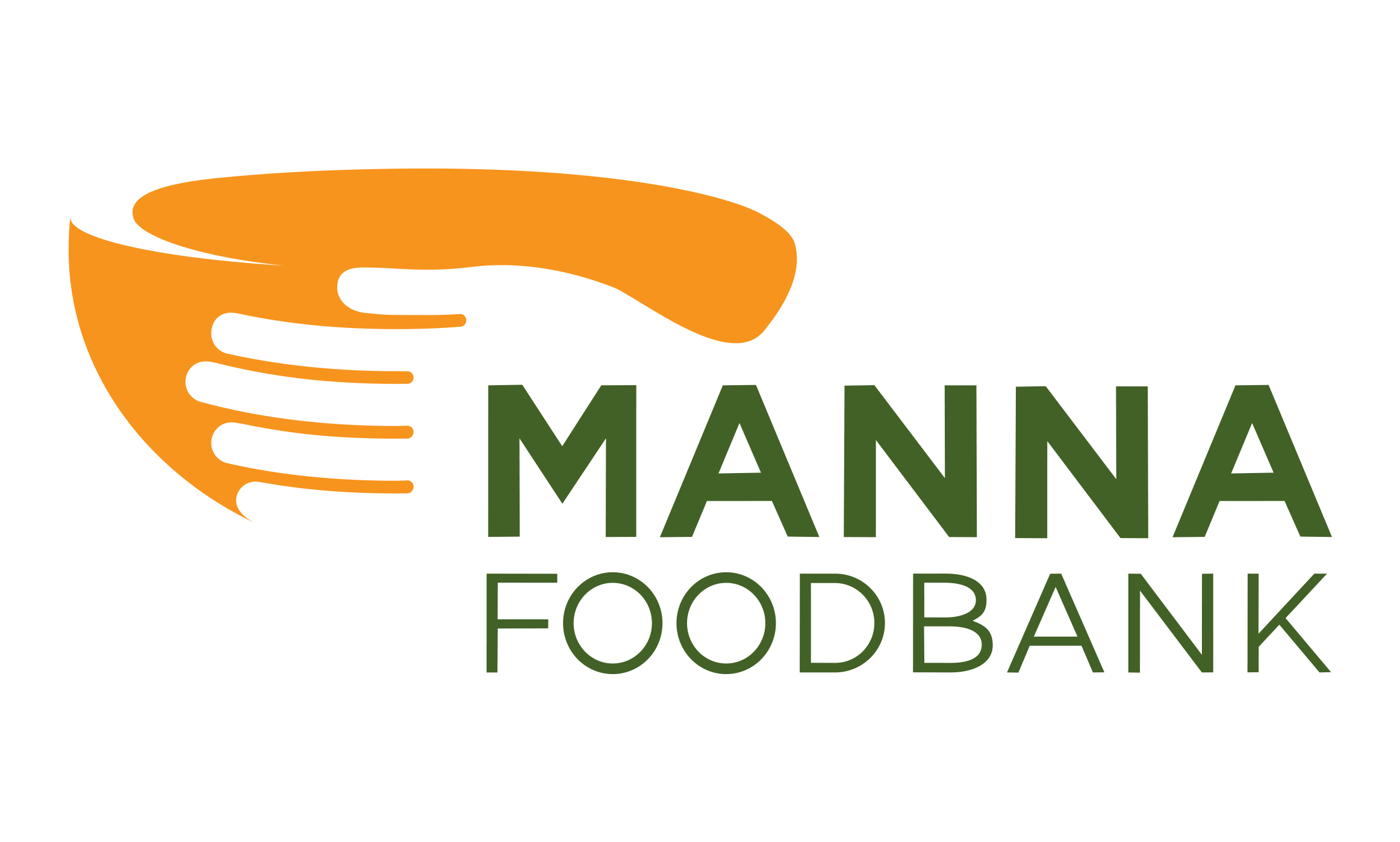 Need Help Putting Food On the Table During Tough Times?
Need Help Putting Food On the Table During Tough Times?
We Are Here to Help.
Did you know…
- 2 out of 3 Senior Citizens who are eligible for SNAP are not enrolled.
- Unused grocery dollars can roll over for up to 365 days.
- You may be eligible for SNAP even if you own a car, a home, or have money in savings.
- Adults without children may be eligible.
- You may be eligible even if you are employed.
- Many people receiving unemployment benefits or Social Security may also qualify.
If you wish to speak with a live person and learn more about food assistance, contact MANNA’s Food Helpline by calling 800-820-1109 or texting 828-202-9685. We will assist you in finding nearby food pantries, and provide assistance with your food stamp application or recertification.
Update: Changes to SNAP Due to COVID-19
ABAWD Restrictions Temporarily Suspended
As of April 1, 2020, time limits for Able Bodied Adults without Dependents (ABAWDs) were suspended in ALL states per the Families First Coronavirus Response Act. During this pandemic, jobless adults will remain eligible for SNAP without having to report they are working for an average of 20 hours per week as they normally would.
Increase in SNAP Benefits (October 1, 2021)
Almost all SNAP households will see a modest increase in their benefits for two reasons starting October 1, 2021:
- USDA recently re-evaluated the “Thrifty Food Plan (TFP)”, which is used to set SNAP benefits. The changes to the TFP reflect the current cost of a nutritionally adequate diet that households can purchase and prepare. Congress directed the United States Department of Agriculture (USDA) to update the TFP, resulting in USDA increasing the purchasing power of SNAP benefits for the first time since 1975. As a result, maximum SNAP benefits will be 21% higher than in prior years.
- However, this change comes into effect at the same time a pandemic-related 15% increase in SNAP benefits in place since January will come to an end on September 30, 2021.
The net difference in these two changes will result in a modest increase for almost all FNS households
Am I Eligible for Food Benefits?
SNAP (called the Food and Nutrition Program in North Carolina (FNS), formerly known as food stamps) can help struggling families buy the food they need. Benefits are provided on a debit card and are accepted at most grocery stores. MANNA staff and volunteers can help you determine your eligibility, and complete your application or recertification over the phone. You can also apply directly at your county’s Department of Social Services.
To receive SNAP benefits, you need to meet certain income criteria and other guidelines. View current income limits below.
Call 1-800-820-1109 or provide your contact info here.
Effective October 2021:
| Household Size | Gross Monthly Income (200% categorical eligibility)* |
Gross Monthly Income (130% of poverty) |
Maximum Benefit Allotment |
| 1 | $2,128 | $1,383 | $234 |
| 2 | $2874 | $1,868 | $430 |
| 3 | $3,620 | $2,353 | $616 |
| 4 | $4,368 | $2,839 | $782 |
| 5 | $5,114 | $3,324 | $929 |
| 6 | $5,860 | $3,809 | $1,114 |
| 7 | $6,608 | $4,295 | $1,232 |
| 8 | $7,354 | $4,780 | $1,408 |
| Each additional member | +748 | +486 | +176 |
*Most SNAP households will fall under the 200% categorical eligibility.
Gross income means a household’s total, non-excluded income, before any deductions have been made.
Net income means gross income minus allowable deductions.
Categorically eligible households are not subject to the resource, gross, and net income limits. Non-categorically eligible households are subject to resource, gross, and net income limits. Non-categorically eligible households that contain specified individuals are only subject to the resource and net income limits.
How Do I Check My Benefits?
To check availability of benefits families should:
- Call 1-888-622-7328.
- Visit www.ebtedge.com. Click on More Information under EBT Cardholders.
- Download the ebtEDGE mobile app. The app is available as a free download on the Apple Store and Google Play.
NONDISCRIMINATION NOTICE
In accordance with Federal civil rights law and U.S. Department of Agriculture (USDA) civil rights regulations and policies, the USDA, its Agencies, offices, and employees, and institutions participating in or administering USDA programs are prohibited from discriminating based on race, color, national origin, sex, disability, age, or reprisal or retaliation for prior civil rights activity in any program or activity conducted or funded by USDA.
Persons with disabilities who require alternative means of communication for program information (e.g. Braille, large print, audiotape, American Sign Language, etc.), should contact the Agency (State or local) where they applied for benefits. Individuals who are deaf, hard of hearing or have speech disabilities may contact USDA through the Federal Relay Service at (800) 877-8339. Additionally, program information may be made available in languages other than English.
To file a program complaint of discrimination, complete the USDA Program Discrimination Complaint Form, (AD-3027) found online at: https://www.ascr.usda.gov/complaint_filing_cust.html, and at any USDA office, or write a letter addressed to USDA and provide in the letter all of the information requested in the form. To request a copy of the complaint form, call (866) 632-9992. Submit your completed form or letter to USDA by:
(1) mail: U.S. Department of Agriculture
Office of the Assistant Secretary for Civil Rights
1400 Independence Avenue, SW
Washington, D.C. 20250-9410;
(2) fax: (202) 690-7442; or
(3) email: program.intake@usda.gov .
This institution is an equal opportunity provider.

